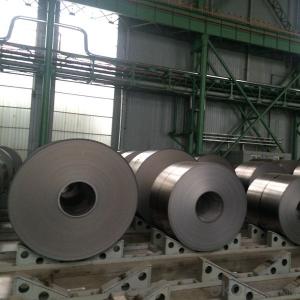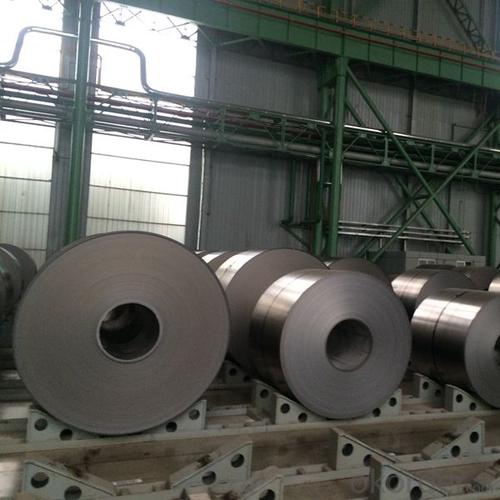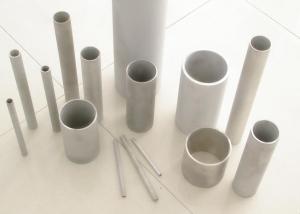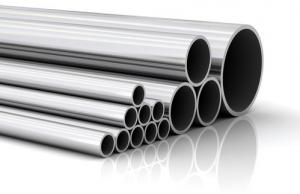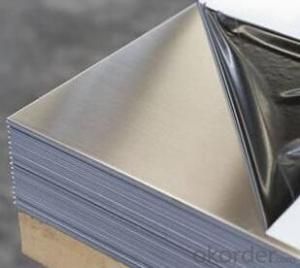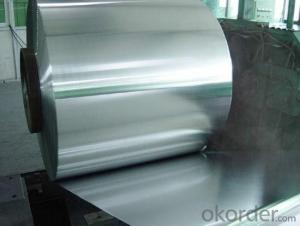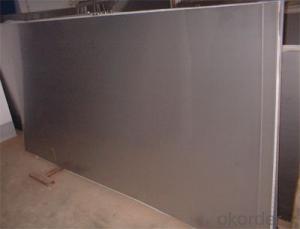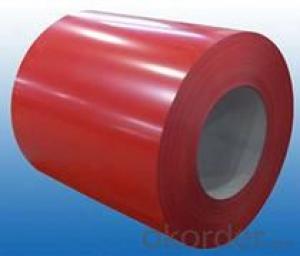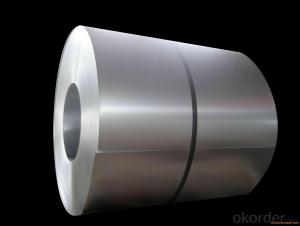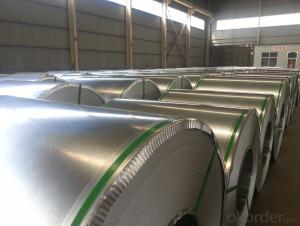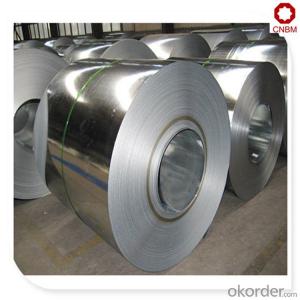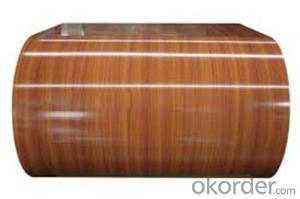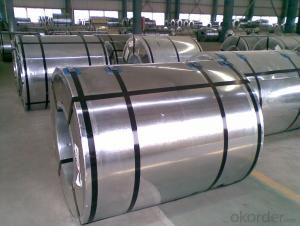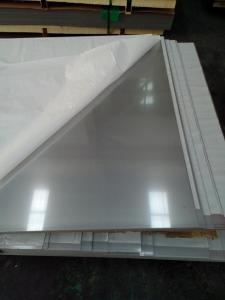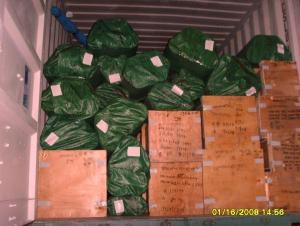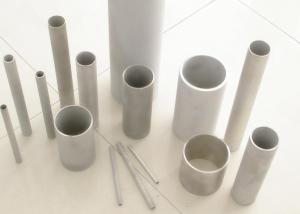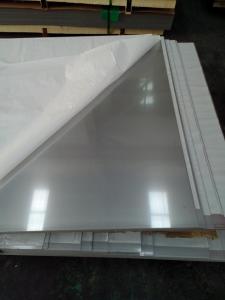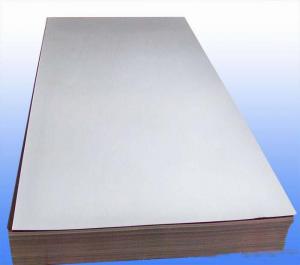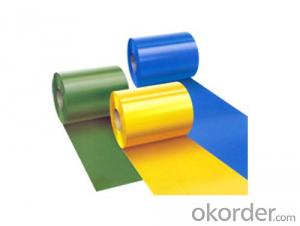DX51 Zinc Cold Rolled Hot Dipped Galvanized Steel Coil Sheet Plate Strip
- Loading Port:
- Tianjin
- Payment Terms:
- TT OR LC
- Min Order Qty:
- 50 m.t.
- Supply Capability:
- 20000 m.t./month
OKorder Service Pledge
OKorder Financial Service
You Might Also Like
Specification
DESCRIPTION FOR GALVANIZED STEEL COILS:
Mian Quality Standard | JIS G3302, EN10346, DIN17162, ASTM A653/653M, GB2518 |
Process | hot dip galvanizing |
Process Speed | 1#. Max 120m/min, 2#. Max 130m/min |
Thickness | 1#. 0.25mm upto 1.20mm, 2#. 0.25mm upto 1.0mm |
Width | 900mm upto 1300mm |
Surface Finish | zero spangles, skinpassed, oiled,chromated, tension level, |
Coating | zinc layer mass on both sides from 30 g/m2 upto 180g/m2 |
Yield Strength | 220Mpa upto 750Mpa |
Weight per Coil | max 15,000kg |
Inner Diameter | φ 508mm |
Outer Diameter | max φ 2,050mm |
Finished Internal Diameter | Φ 508mm or φ 610mm |
Finished Coil Weight | 1#. max 10,000kg, 2#. max 15,000kg |
Packing | Mill's Export Standard Packing |
Capacity | 300,000 tons/year |
EXPORT STANDARD FOR GALVANIZED STEEL COILS:
-Axial and circumferential steel straps with seal (4 steel straps each)
-VCI Anti-rust kraft paper
-Water-proofing plastic
-Pearl wool (coil surface)
-Steel cover (coil surface/bore)
-Plastic cover (coil sides)
-Inside and outside corner protectors
Or According customers' requirements(Usually only for domestic)
PACKAGING &DELIVERY FOR GALVANIZED STEEL COILS:
Packaging Detail Standard export packing or following customer's demand
Delivery Time: Within 30-40 days after deposit or according to the order quantity
PACKAGING &DELIVERY FOR GALVANIZED STEEL COILS:
1.Big thickness:by bulk vessel
2.Small thickness:packed by steel strips and shipped by container
3.According to the requirements of customers'
TRADE TERMS FOR GALVANIZED STEEL COILS:FOB, CFR, CIF
DETAILED PICTURES FOR GALVANIZED STEEL COILS:
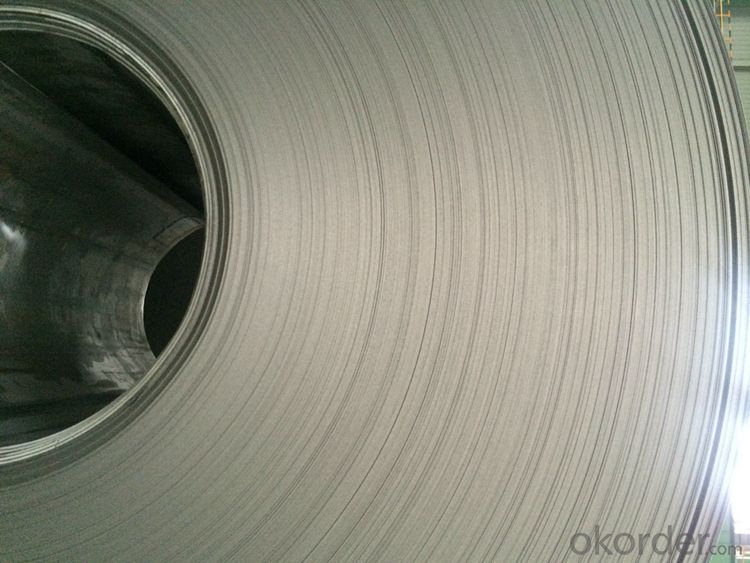
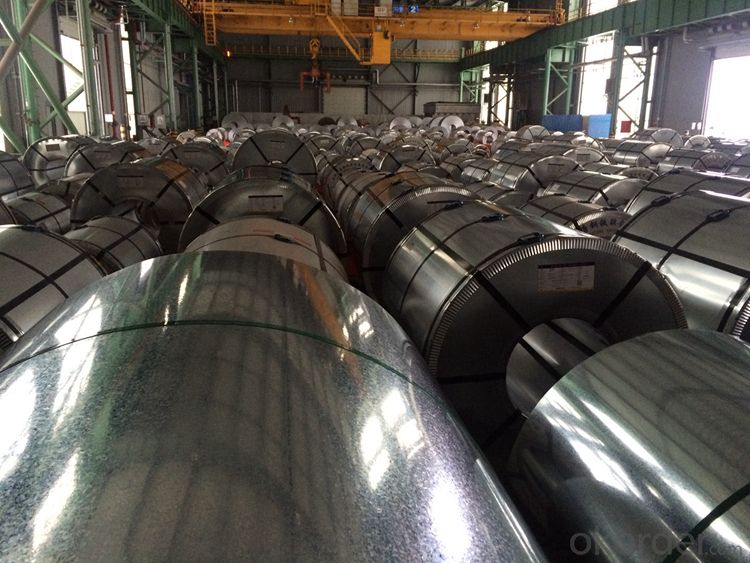
APPLICATION FOR GALVANIZED STEEL COILS:
Galvanized steel products are mainly used in construction, light industry, automobile, agriculture , fishery and commercial industries. They have great advantages:1.it has small harm to the environment and it can be recycled, greatly lighten the stress to the environment.2.it is convenient to process,easy to construct and has good waterproof effect.
FAQ FOR GALVANIZED STEEL COILS:
Q:How to order?
A: Please send us your purchase order by email or fax .or you can ask us to send you a proforma invoice for your order .We need to know the following information for your order.
1) Shipping information-company name, street address, phone number, fax number, destination sea port
2) Product information – Quantity, Specification (steel type, thickness, width, surface finish)
3) Delivery time required
4) Forwarder's contact details if there's any in China
- Q: Are stainless steel sheets resistant to corrosion?
- Yes, stainless steel sheets are generally highly resistant to corrosion due to the presence of chromium in their composition, which forms a protective oxide layer on the surface. This oxide layer acts as a barrier, preventing the metal from being exposed to corrosive elements and ensuring its durability in various environments.
- Q: Are stainless steel sheets suitable for marine applications?
- Yes, stainless steel sheets are highly suitable for marine applications. They possess excellent corrosion resistance properties and can withstand the harsh conditions of saltwater environments, making them ideal for use in marine applications such as boat fittings, offshore structures, and shipbuilding.
- Q: Can stainless steel sheets be used for brewery piping?
- Yes, stainless steel sheets can be used for brewery piping. Stainless steel is a common material choice for brewery piping due to its corrosion resistance, durability, and hygienic properties. It can withstand the harsh conditions and high temperatures associated with the brewing process, making it an ideal material for brewery piping systems.
- Q: What are the advantages of using stainless steel sheets?
- Using stainless steel sheets in various applications offers several benefits. First and foremost, stainless steel is renowned for its outstanding resistance to corrosion. It is highly effective in preventing rust and stains, making it an ideal option for environments where moisture and corrosive substances are present. This exceptional durability ensures that stainless steel sheets maintain their aesthetic appeal and structural integrity over time. Furthermore, stainless steel is exceptionally strong and durable. It possesses a high tensile strength, enabling it to withstand heavy loads and resist deformation. This makes stainless steel sheets perfect for applications that require robustness, such as construction, automotive, and industrial projects. Additionally, stainless steel is sanitary and easy to clean. Its non-porous surface prevents the growth of bacteria and other microorganisms, making it a popular choice for food processing equipment, medical tools, and healthcare facilities. Moreover, stainless steel sheets are simple to maintain, as they can be easily wiped clean or sterilized without causing any damage to the material. Moreover, stainless steel sheets offer both versatility and aesthetic appeal. They feature a sleek and modern appearance that can enhance the visual appeal of architectural designs, interior decorations, and kitchen appliances. With a variety of finishes available, including brushed, mirror, or textured, stainless steel sheets can be customized to suit specific design preferences. Lastly, stainless steel is an environmentally friendly material. It is 100% recyclable, meaning it can be reused and repurposed without any loss in quality or performance. This makes stainless steel sheets a sustainable choice, reducing the necessity for new raw materials and minimizing waste. In conclusion, the benefits of using stainless steel sheets include exceptional corrosion resistance, strength and durability, hygienic properties, aesthetic appeal, and environmental sustainability. These characteristics make stainless steel sheets a versatile and dependable choice for a wide range of applications.
- Q: Can stainless steel sheets be used for elevator mirrors or panels?
- Yes, stainless steel sheets can be used for elevator mirrors or panels. Stainless steel is a versatile material known for its durability, corrosion resistance, and aesthetic appeal. Elevator mirrors or panels made from stainless steel sheets provide a sleek and modern look while ensuring long-lasting performance in high-traffic areas.
- Q: Are stainless steel sheets suitable for architectural facades?
- Yes, stainless steel sheets are suitable for architectural facades. They offer durability, corrosion resistance, and a sleek modern look that complements various architectural styles. Stainless steel sheets can withstand harsh weather conditions and require minimal maintenance, making them an excellent choice for long-lasting and visually appealing facades.
- Q: Can stainless steel sheets be used for lighting fixtures?
- Yes, stainless steel sheets can be used for lighting fixtures. Stainless steel is a durable and corrosion-resistant material that is commonly used in various applications, including lighting fixtures. Its sleek and modern appearance also makes it a popular choice for many contemporary lighting designs.
- Q: Are stainless steel sheets safe for medical applications?
- Yes, stainless steel sheets are safe for medical applications. They are widely used in the medical industry due to their excellent corrosion resistance, biocompatibility, and durability. Stainless steel is easy to clean, sterilize, and maintain, making it suitable for surgical instruments, medical devices, and equipment used in healthcare settings.
- Q: What factors affect the cost of stainless steel sheets?
- There are several factors that can affect the cost of stainless steel sheets. These include the type and grade of stainless steel, the thickness and size of the sheets, the quantity being purchased, market demand and availability, production and labor costs, and any additional processing or finishing requirements.
- Q: Are stainless steel sheets good for heat exchanger tubes?
- Yes, stainless steel sheets are excellent for heat exchanger tubes. Stainless steel has high resistance to corrosion, can withstand high temperatures, and has excellent heat transfer properties, making it an ideal choice for heat exchanger applications. Additionally, stainless steel is durable, easy to clean, and has a long service life, ensuring efficient heat transfer and optimal performance of the heat exchanger.
Send your message to us
DX51 Zinc Cold Rolled Hot Dipped Galvanized Steel Coil Sheet Plate Strip
- Loading Port:
- Tianjin
- Payment Terms:
- TT OR LC
- Min Order Qty:
- 50 m.t.
- Supply Capability:
- 20000 m.t./month
OKorder Service Pledge
OKorder Financial Service
Similar products
Hot products
Hot Searches
Related keywords
